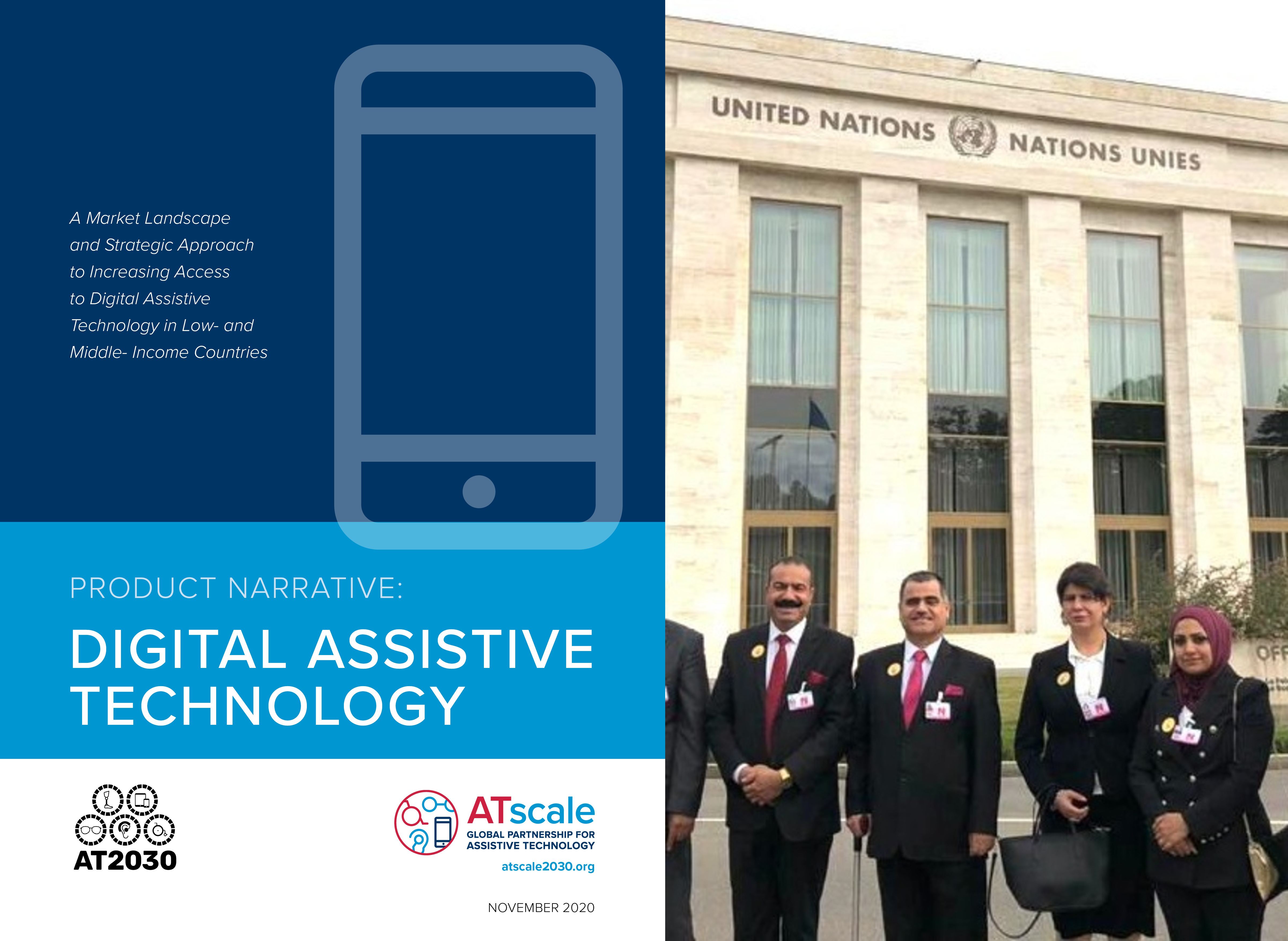Digital assistive technology for inclusion: Zainab's story

Zainab Jalal Ahmed is 37 years old and works as a translator (Arabic-English) for the Ministry of Higher Education and Scientific Research in Iraq. The documents she translates include Memorandums of Understanding and other legal document, as well as - to facilitate the sponsorship of Iraqi students to study in overseas universities in Britain, the United States or Australia - applications, transcripts of their marks and abstracts of their works. As many are documents are legal in nature, the translations need to be very precise. Zainab also interprets for delegations and other visitors.
She is blind, having been born with cataracts and glaucoma in both eyes because her mother contracted rubella while she was pregnant with Zainab. Her work is passed to her as print outs which she of course cannot read. The simple act of giving Zainab electronic copies of her work assignments could make her tasks easier but her employer does not make this basic reasonable accommodation.
Zainab uses a host of assistive digital devices and software that enable her to do her job nonetheless. With an application on her smart phone or a scanner she turns the hard copy into text that can be processed. A screen reader, either JAWS or NVDA, reads the text to her. With a braille notetaker she can enter her translations at an impressive 60 words per minute – close to the speed of a professional typist.
Outside work, a smart speaker with virtual assistant AI technology, a speaking watch and smart kitchen utensils support her in going about her daily tasks independently, including the preparation of delicious meals. However, for fashion advice she still prefers to rely on her husband and friends.
While it is great to see how assistive technology can help enable Zainab to do her job and universal design of many new technologies makes her life more comfortable in a number of ways, her case is unusual for her country. Together with her family, she pays for every device and software with no support through government or health insurance. And while some of what she uses - like JAWS - is expensive, especially for a middle-income country, others – like the AI smart speaker – are not even available locally.
After doing her primary and secondary education, as well as a 4-year’s bachelor degree in English and a language translator diploma in French in Iraq – with the help of her entire extended family who read all school material to her – Zainab and her family moved to the United Arab Emirates and lived there for over a decade years. Here she had both more exposure to English at her work and in her private life and continued studies at the British Council. She also discovered several types of technology to serve her needs. It was only there that a course was offered on how to use a white cane to navigate the environment Zainab also received training there on computer skills for the visually impaired. And Zainab still buys a lot of her devices in Abu Dhabi.
Having moved back to Baghdad, she is an activist for disability rights with the Iraqi Alliance of Disability Organizations (IADO) and has participated in the shadow report on her country for the review system of the application of both the Convention on the Elimination of All Forms of Discrimination Against Women (CEDAW) and the Convention on the Rights of Persons with disabilities (CRPD). She participated in the Iraqi civil society delegation as an activist and translated for them as well at UN meetings both in Geneva and in New York.
Digital assistive technology has to become accessible to those who need it – which means that it needs to be available, affordable and of adequate quality. Read our Product Narrative on Assistive Technology to learn more on what needs to be done to make this a reality.